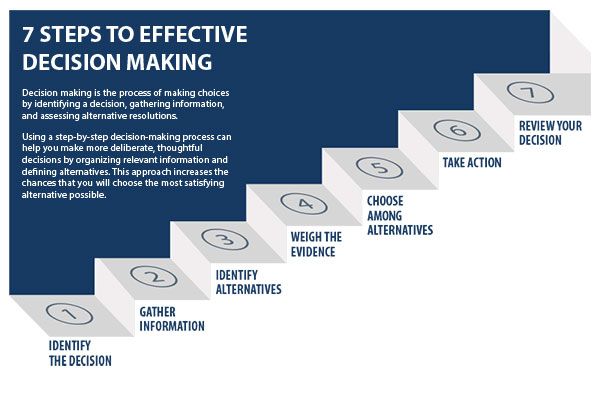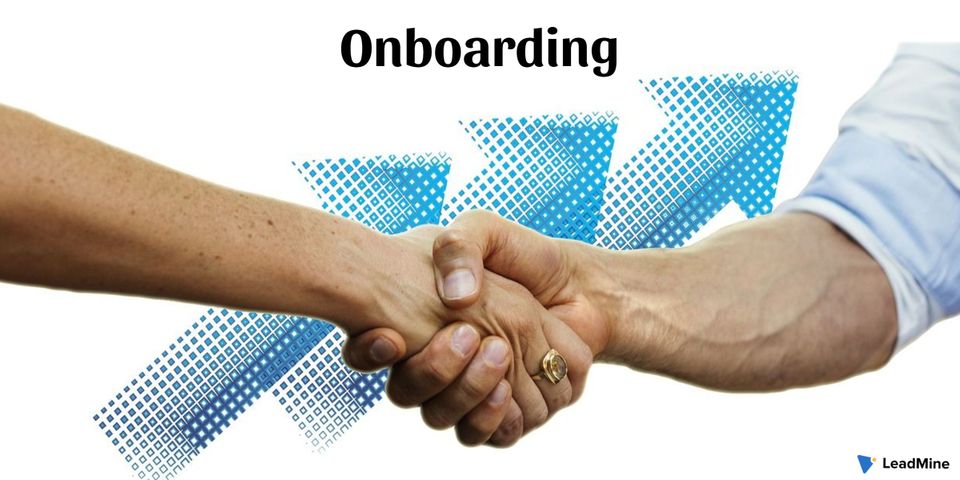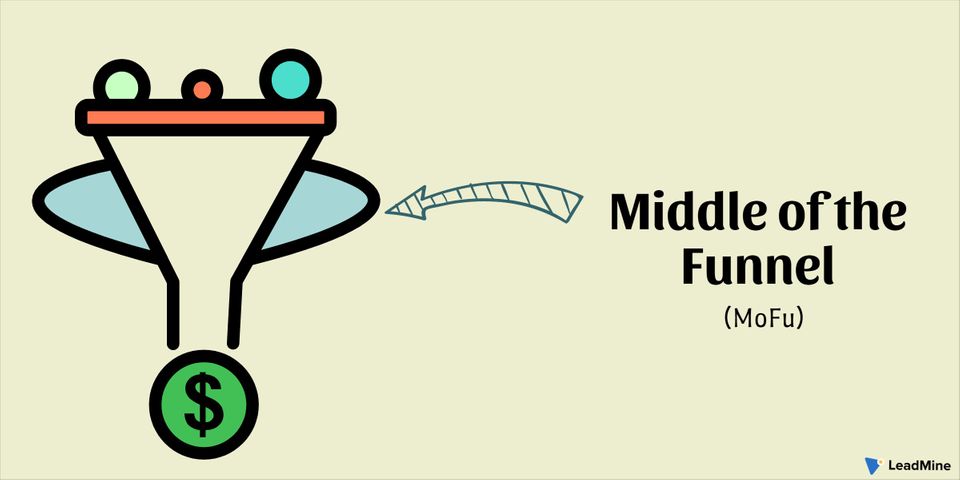Decision-making has huge importance in business success. It influences almost every aspect of corporate life, from business investment to customer service. The difference between good and bad decision-makers is simple. A decision-maker helps in business succeed and boost profitability while a bad decision-maker could jeopardize the entire business growth.
We will cover the following:
- What is Decision Making?
- Who are Decision Makers?
- What does a Decision Maker Do?
- How to Find Decision Maker?
- Summary
What is Decision Making? 🧐
Decision-making is a perceptive process to make a decision based on a belief or a course of action considering several possible alternative options. The decisions could be either reasonable or not. Decision-making is a reasoning process based on the decision maker's preferences, values, and beliefs. Every decision-making process produces a final choice with or without prompt action.
Who are Decision Makers? 🤓
In business, there are situations where you have to make complex decisions. Managers decide which staff to hire or fire, sales managers decide the most profitable sales leads, IT administrators choose the perfect tools for company purposes. All of the people make choices before finding a solution to a problem – they are decision-makers.
“A decision can be defined as a course of action purposely chosen from a set of alternatives to achieve organizational or managerial objectives or goals,” says the Management Study Guide.
According to the Cambridge English Dictionary, a person who decides things at a high level in an organization is called a decision-maker. A decision-maker is responsible for strategic decisions like competitive analysis, core values, marketing, management changes, and business growth.
What does a Decision Maker Do? 🤝
The University of Massachusetts Dartmouth says there are seven stages of effective decision making.

- Identify the decision
- Gather information
- Identify alternatives
- Weigh the evidence
- Choose among alternatives
- Take action
- Review your action
Some technologies help decision-makers in a company. Decision-making tools provide these professionals with data analytics so they can solve problems in an effective and quicker way. These programs collect data from sources such as customer relationship management (CRM) and enterprise resource planning (ERP) applications so decision-makers can analyse trends and patterns before making a decision that impacts the entire business.
How to Find Decision Maker? 😥
The decision maker’s title may vary in every company but you can make an educated guess based on the company size, which you can find on LinkedIn.
- 0-10 employees: The CEO might be the decision-maker unless the company has a co-founder
- 10-50 employees: VPs have buying power in that companies
- 50-500 employees: Look for specific roles such as sales manager, business management manager, etc.
- More than 500 employees: Find the regional specific role such as New York Coty Rep, North America Rep, etc.
There are 4 steps to find a decision-maker in any company.
Step 1: Influence Common Connections on LinkedIn 🤝
Take advantage of LinkedIn to find out if you or any of your friends or colleagues have a common connection at your targeted company. If you were able to find one, ask for an introduction to someone at the company who is or knows the decision-maker.
If you don’t have any common connections then move to step 2 straight.
Step 2: Map the Organization 🙌
Start mapping the organization, if it is a public company. Take a look at their financial section to know the decision-maker. If it is a private company, it will take more work. Using advanced search, sales navigator, and visiting profiles, you will be able to make an educated guess on the decision-makers and begin reaching out.
If it is a large company and you have a dozen of potential decision-makers. Then proceed to step 3.
Step 3: Narrow Down by Visiting Profiles ✊
With your narrowed list of leads, start diving into each individual profile and look for two main things.
- Length of Service
Look at how long targeted people have been in their current positions. If a VP has only been at that company for two months but the director has been for three years, chances are the director has more influence and buying power more than VP. - Skills and Endorsements
Look at their skills and endorsements, it may give you a sense of who is qualified to make this type of decision. You can look at tools that they use, management skills they possess, or the tactical skills to understand your product or service.
Step 4: Start an Outbound Campaign 👣
At this point, you may have a great idea or sense of who to target but if you still don’t who is the decision-maker of the company then don’t worry. Either way, you should start with your outbound sales campaign to reach them.
There are two approaches to do that:
- Top-down
You start at the top of the organization chart and contact the VP or another executive to ask for a referral down to the right person. If they say that they are the decision-maker in the company, then it’s great. Now go for it.
But don’t waste your time before you know you are talking to a decision-maker. This strategy can work when you are handed off to the decision-maker. - Bottom-up
In a bottom-up approach, you want to seek from the lower levels of an organization so that you can get to the decision-maker. This works well for selling to sales reps (SDRs or BDRs). If you show the sales rep how your product is effective for them, you will now have an army of salespeople on your side to approach their boss on your behalf.
Summary
Having a decision-maker in management comes with multiple benefits. A great decision maker influences every business-related situation, and companies and they are more effective at strategic planning. Those companies get more sales, boost productivity, and increase company morale, too.
Once you establish the process and ability to get meetings with the right person, you will be able to close more sales deals.
Share you thought about decision-makers and your experience with decision-makers with us at LeadMine if you have any.





